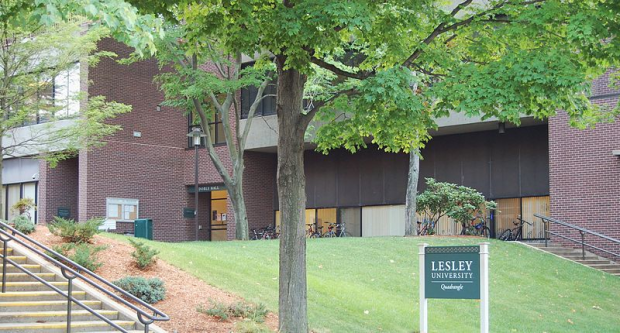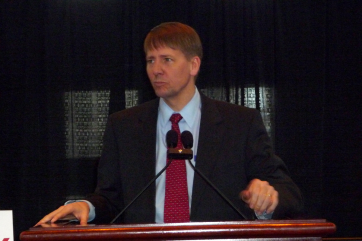Amid job cuts and an alleged lack of transparency, faculty have repeatedly registered their discontent with President Janet Steinmayer. But will it change anything?

(Photo : WIKIMEDIA COMMONS / Tim Pierce)
Lesley University, located in Cambridge, Massachusetts, finds itself embroiled in turmoil once again as faculty members express their dissatisfaction with university leadership. The latest vote of no confidence in President Janet Steinmayer marks the third such instance in as many years, highlighting ongoing tensions within the academic community.
Faculty Frustrations
The root of the faculty's discontent stems from a series of cost-cutting measures implemented by university administrators in response to financial challenges. These measures have included significant job cuts, with nearly 50 faculty and staff members affected, as well as a perceived lack of transparency in decision-making processes.
Faculty members have raised concerns about the impact of these cuts on academic programs and student experiences, as well as the broader implications for the university's reputation and mission. They argue that the administration's approach to addressing budgetary issues has been shortsighted and has failed to prioritize the well-being of faculty and students.
READ ALSO: New Mexico State University Launches Fresh Presidential Search Effort After Rejecting Finalists
Repercussions and Responses
The repeated votes of no confidence in President Steinmayer and the Board of Trustees reflect a deepening sense of frustration and disillusionment among faculty members. While such votes serve as a symbolic gesture of disapproval, their practical impact on university governance and decision-making remains uncertain.
University officials have defended their actions, citing the need to address financial challenges and ensure the long-term sustainability of the institution. They argue that difficult decisions, including job cuts, are necessary to navigate a rapidly changing higher education landscape and position the university for future success.
Despite these explanations, faculty members continue to express skepticism and concern about the direction of the university under current leadership. They argue that the administration's focus on cost-cutting measures has come at the expense of academic quality and institutional values, and they call for a more collaborative and transparent approach to decision-making.
Charting a Path Forward
As Lesley University grapples with internal discord and external pressures, the path forward remains uncertain. Resolving the underlying issues that have led to repeated votes of no confidence will require meaningful dialogue and collaboration between university leadership and the faculty.
Key stakeholders must come together to address faculty concerns, rebuild trust, and chart a course that aligns with the university's mission and values. This may involve reassessing budgetary priorities, enhancing communication and transparency, and fostering a culture of shared governance and mutual respect.
Ultimately, the resolution of the current crisis will depend on the willingness of all parties to engage in open and constructive dialogue. Only through genuine collaboration and a commitment to academic excellence and institutional integrity can Lesley University overcome its challenges and emerge stronger as a united and resilient community.
RELATED ARTICLE: Florida Atlantic University's Presidential Search Saga: Stalled Process, Political Intrigues, and the Road Ahead








